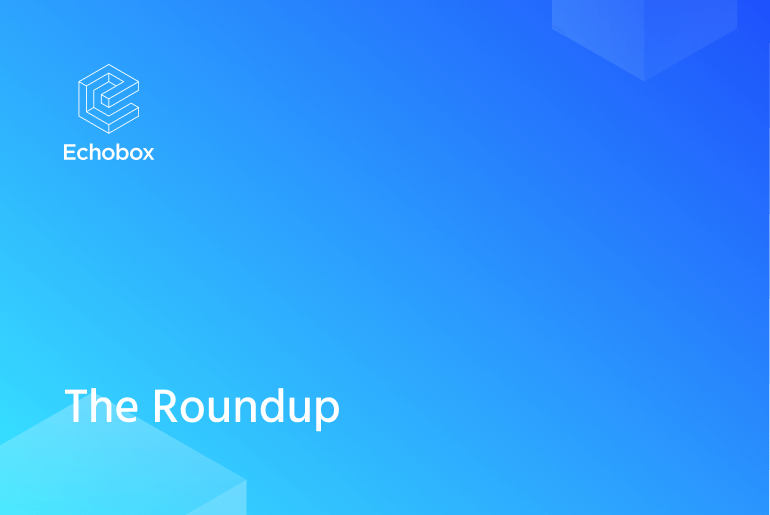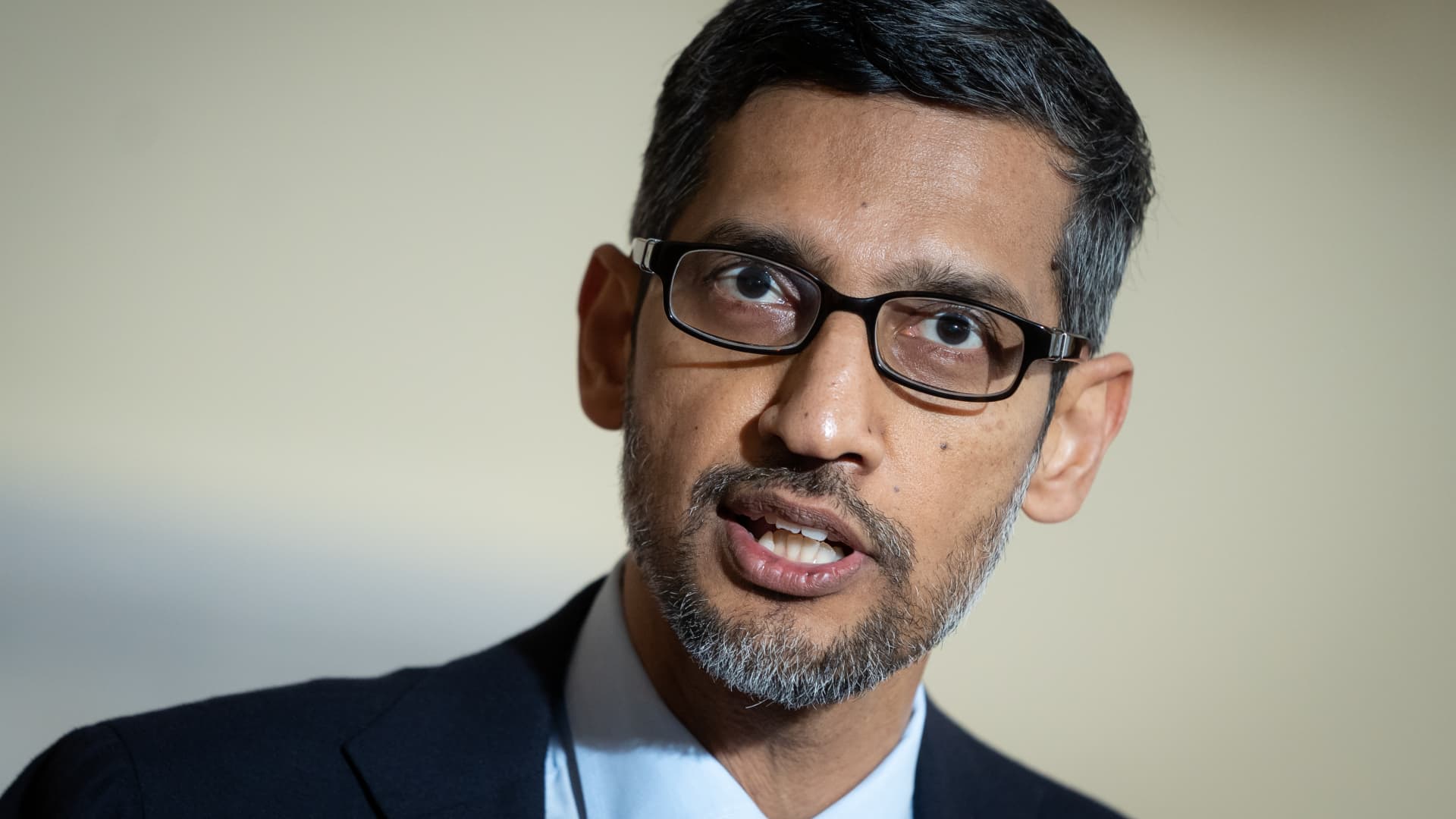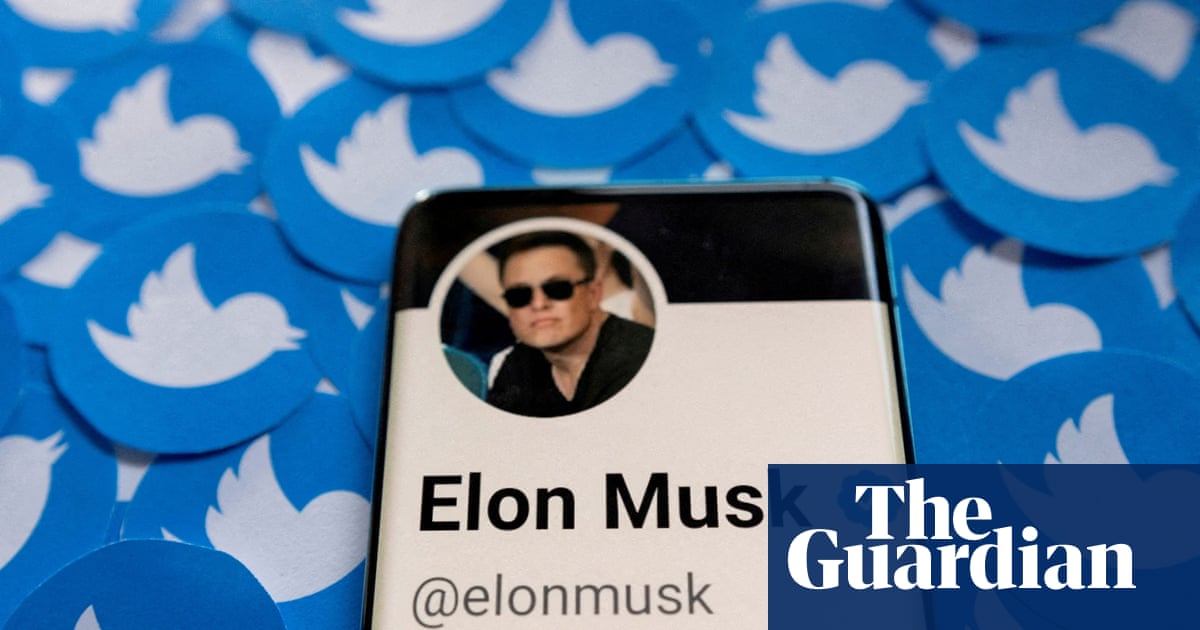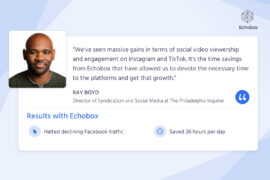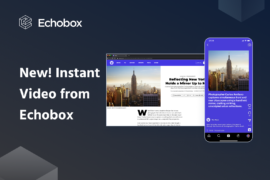Is this the end of Google as we know it? And what will the endgame look like for Elon Musk and his Twitter shenanigans? Read on and find out. It’s The Roundup.
News
A new bipartisan (yes, you read that right) proposal has been put forward by a congressional subcommittee that would force Google to break up its ad business.
Hot on the heels of the EU’s proposed Digital Services Act and the UK Secretary of State for Digital, Culture, Media and Sport Nadine Dorries’ plans to clamp down on ‘anti-competitive’ behavior by Big Tech, CNBC reports that the Judiciary subcommittee on antitrust has introduced the Competition and Transparency in Digital Advertising Act that would forbid companies who process $20bn in ad transactions from being involved in more than 1 element of digital ad business.
The bill has a long way to go before it can become law, but it could prove to be a huge blow to Google’s business model.

Instagram has begun testing on a new feature that would limit the number of frames immediately on display in Instagram Stories. This is believed to be part of a wider overhaul of the app’s interface with Social Media Today’s Andrew Hutchinson suggesting that the change may have to do with an increased focus on Reels and might lead to negative consequences for marketers.
Analysis
We all thought it was over; how wrong we were. Elon Musk’s takeover of Twitter seems to have reached a stalemate as he seeks proof that the platform’s problem with automated bots… isn’t as bad as he thought it was. Speculation continues to mount that Musk intends to try and walk away from the deal, or renegotiate the sale price, but the fly in the ointment, as far as Musk is concerned, is the legally binding contract which he signed last month.
Here, Dan Milmo of The Guardian takes us through the avenues available to Musk so that we can finally end this whole sorry, interminable affair.
The past few years have been a boom time for social media companies’ digital ad revenues, with the global COVID-19 pandemic driving huge ad spend increases in sectors such as e-commerce. In 2021 alone, Alphabet (owner of Google) reported $257bn in revenues with digital ad spend in the US increasing 38% from 2020.
But if the stock plummet of Snapchat parent company Snap Inc. is any indication, things may be on the slide. Attributed to a rise in business overheads, ad revenues have slumped across the board with all of the major platforms seeing slower-than-expected growth.
AI
You may well have seen the images going around, created by Google Brain’s new AI-powered Imagen tool (my favorite’s the corgi in the house of sushi, thanks for asking). But as this article from the MIT Technology Reviews points out, behind the cuteness lies the discomfiting fact that these technologies, trained on publicly available data from the web, are bound to reproduce the toxic biases and sensibilities that permeate many corners of the internet.
It’s a stark reminder of the ethical challenges embedded in some of these new technologies and the long journey ahead to create an inclusive internet.
And finally, this article by Prof. Esteve Almirall of Barcelona’s Esade discusses how differing levels of infrastructural preparedness have created a growing divide between companies who have implemented AI solutions and those who haven’t.
The imperatives many businesses face to integrate AI into their operations and keep pace with their peers is clear, with increased productivity a key gain, but without wholesale buy-in, the gap between the AI haves and have nots will only widen.
